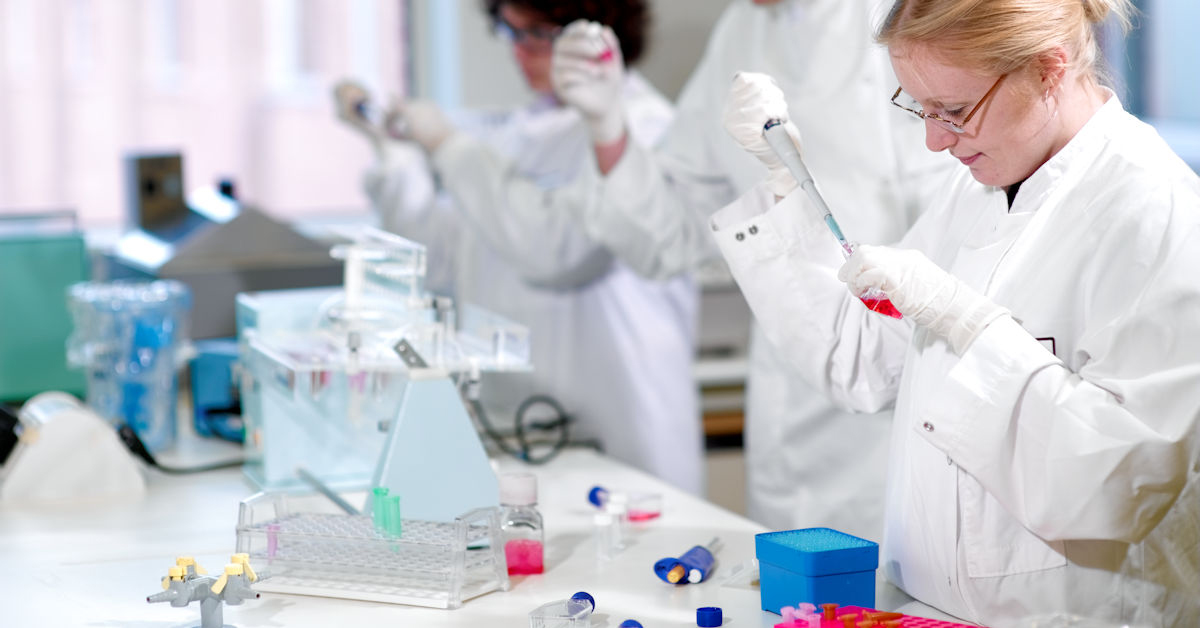
How proficient is your microbiology laboratory?
6 March 2025 | Fiona Cawkell, CMPS Manager and Micro. Training Manager
In the food industry, major decisions are made on the basis of analytical results. It is absolutely imperative that the results are right and interpreted correctly. Correct interpretation itself is dependent not only on the result (i.e. the answer) being correct, but also on the right question having been asked in the first place (i.e. the appropriate analysis having been undertaken).
Microbiological analyses have particular issues associated with them that make it difficult to know in isolation how accurate they are. Different techniques could provide very different results, which in turn could lead to erroneous conclusions if there isn't a full understanding of what analysis was carried out and why. Put simply, the analysts in the laboratory must know which tests to apply and must be able to perform the analyses competently. How can you tell if your laboratory is performing adequately? The answer is to participate in a proficiency scheme.
All proficiency schemes typically work by providing participating laboratories with standard samples for the laboratory to analyse 'blind'. In microbiological analysis schemes, the organisers know the level of the microorganisms (and the nature of the cocktail of mixtures) provided, but the test laboratories do not. Each laboratory analyses the sample(s) using its usual methods (which might differ from one laboratory to another) and submits its results to the organiser. The organiser compiles and statistically analyses these results and includes them in a report that also contains the 'true' result and, for each laboratory, a score (called a z-score) reflecting how close it was to the 'true' value.
Different schemes will have different features and allow laboratories to evaluate their performance in detecting/identifying and/or enumerating specific organisms or groups of organisms. We offer two choices of test material - depending on whether you are set up for handling pathogens or not with a choice of frequency ranging from 1 to 6 times per year. In addition, we also offer a tailored scheme which could, for example, allow you to compare the performance of different laboratories within your company.
Some laboratories may only want to report on total viable count (TVC), whereas others may routinely analyse for a whole range of organisms. Depending on the laboratories' requirements, the sample may contain a mixture of pathogens and spoilage organisms, or merely a spoilage cocktail.
The test material is despatched in an easy-to-open vial. The first contains mixtures of spoilage and pathogenic organisms that are usually quantitatively analysed. The second might additionally contain Salmonella, Listeria, Vibrio and Campylobacter, and is designed for companies who have suitable laboratory facilities and experience with handling pathogens.
Thermophilic, thermoduric and mesophilic spores, enumeration of Listeria, osmophilic yeasts and moulds and non-toxigenic E. coli O157 have also recently been added to our samples. A detailed and precise report is returned within 3 weeks of the deadline date which includes histograms representing results along with z-scores for all enumeration tests and other statistical information e.g. assigned value, mean etc.
See more details on the Campden BRI scheme.
We can also supply tailored test material for internal proficiency testing prepared to your requirements. This can be done on a supply-only basis or the complete package where we can include your company logo, despatch to participating laboratories and handle the results.
Want to know how well your microbiology laboratory is performing?
Find out about our newly upgraded proficiency scheme, and tests available.
How can we help you?
If you’d like to find out more about how we can support your laboratory needs, contact our support team.







